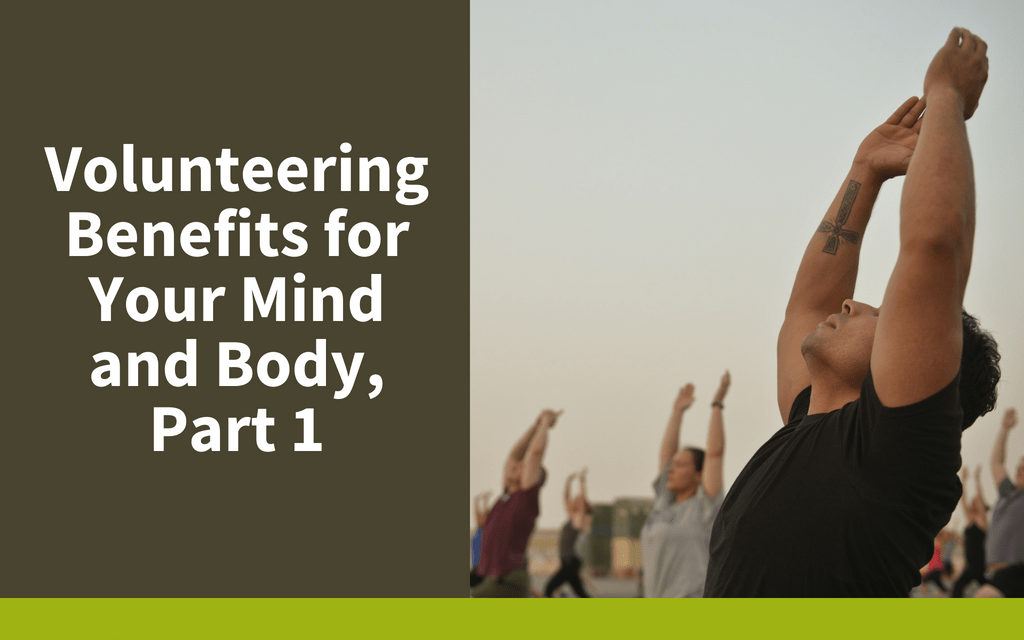Everyone knows volunteering is a good thing to do. It helps others, contributes to the community and leaves you feeling great. It boosts college applications and careers while giving you opportunities to network.
But there’s more.
Research shows that volunteering benefits for your mind go way beyond feeling good about helping a cause. The mental health advantages gained from giving back alone make the gift of your time well worth the investment.
Volunteering Benefits
Prevents Loneliness
While technology keeps us connected 24/7, it breeds loneliness. The Community Life Survey (2016 to 2017) identified a trend among young people. Those aged 16 to 24 and 25 to 34 reported the highest levels of loneliness. Other research suggests activities with purpose and helping others provide a solution.
While it may take time to form connections, according to a Body and Hogg study, it can be done by engaging informally and contributing your voice to a project. Several studies indicate older people experience less social isolation or loneliness when they volunteer. The research may be lacking for younger generations, but common sense says the same principles apply.
Fights Depression
Social connection may be one explanation for why volunteering reduces depressive symptoms. Therapists believe the changes in thought patterns and perspective which accompany volunteering help as well. Plus, the right volunteer experience gives you a sense of motivation and accomplishment.
A Community Service Volunteers (CSV) survey revealed half of the volunteers (with over two years volunteerism) reported feeling less depressed. And, 71 percent of professionals volunteering their skills claimed it combated depression. Altruism activates the reward centers in the brain associated with pleasure — creating a natural high.
[bctt tweet=”#Fact: volunteering is associated with lower rates of depression, chronic stress, and loneliness. #VolunteerMaui ” username=”HandsOn_Maui_”]
Reduces Stress
Volunteering in an area of interest and making meaningful connections takes your mind off yourself and your worries. Stress relieved. Science backs this up: research shows the oxytocin spike linked to volunteering helps people manage stressful situations.
Other studies reveal the stress-buffering effects of volunteering for individuals with positive views of others. And, the CSV poll shows 63 percent of 25 to 34-year-old volunteers reported less stress. Sixty-two percent of those over 65 said the same. The survey also suggests volunteering even reduces workplace stress.
Improves Your Overall Health
A published study in Psychology and Aging reported adults who volunteered just 200 hours per year lowered their risk of hypertension. That breaks down to just 3.8 hours per week. Those who volunteered on a regular basis also lived longer — if they focused on helping others, not themselves.
Factor in stress reduction, and the physical health benefits of volunteering abound on the negative effects of stress on the body. From heart disease to chronic pain, obesity to harmful habits, stress stresses the body, and reducing stress boosts your health.
There’s no better way to improve your health than by helping others. Feeling inspired? Check out our free virtual volunteer center to find a non-profit that fits your passion and interests, and start reaping the benefits of volunteering today.











